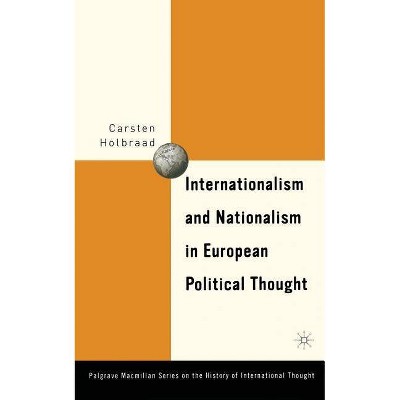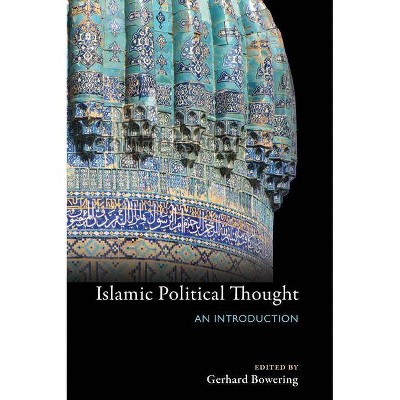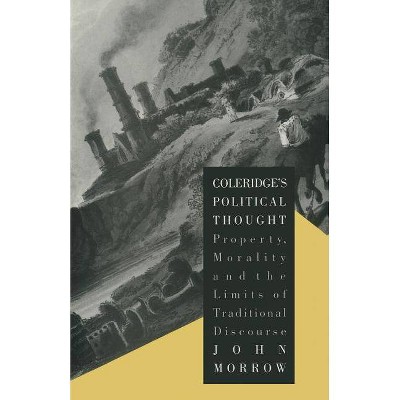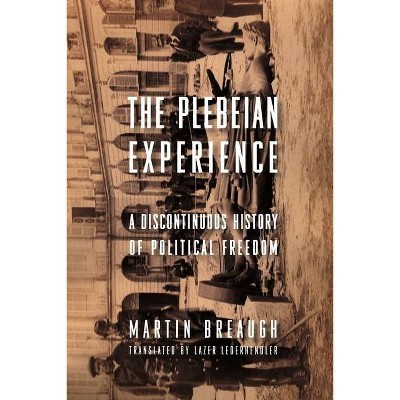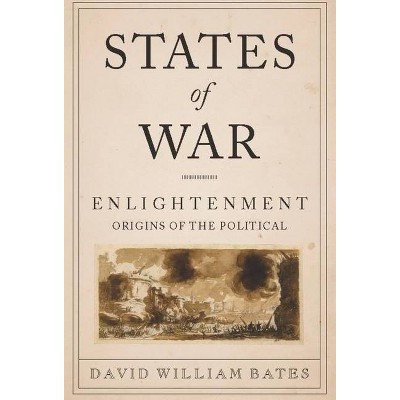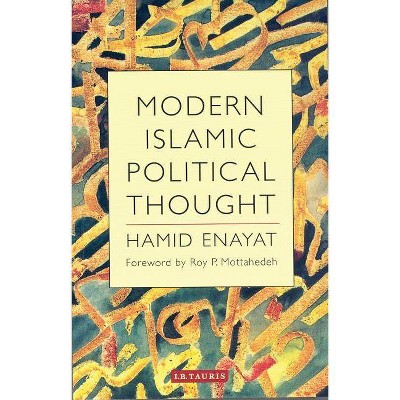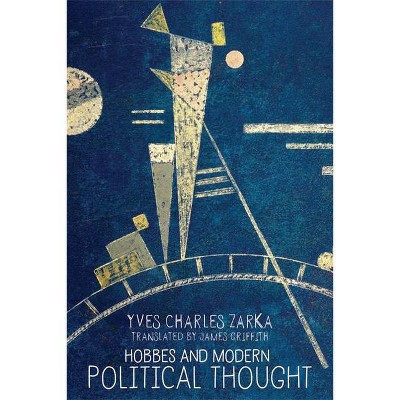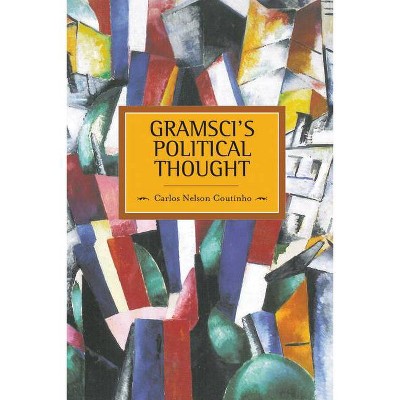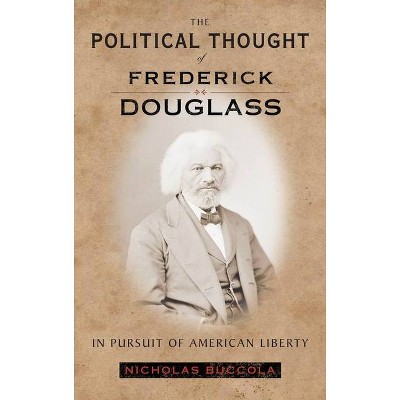International Political Thought - by Edward Keene (Paperback)

Similar Products
Products of same category from the store
AllProduct info
<p/><br></br><p><b> Book Synopsis </b></p></br></br>This volume offers an accessible and wide-ranging introduction to the history of international political thought. <br /> <br /> Taking as its starting-point the various concepts people have used to think about differences between political communities, the book explores changing perceptions of international politics from antiquity to the twentieth century. As well as discussing well-known themes such as relations between independent sovereign states and the tension between raison d'etat and a universal code of natural law, it also examines less familiar ideas which have influenced the development of international political thought such as the distinction between civilization, national culture and barbarism, religious attitudes towards infidels, and theories about racial difference and imperialism. Among the key thinkers covered are Thucydides, Machiavelli, Hobbes, Kant, Marx and Morgenthau, alongside less commonly studied figures such as Herodotus, Pope Innocent IV, Herder, Constant and Zimmern. Each chapter concludes with a guide to further reading which will help students to develop a more detailed understanding of the subject.<br /> <br /> Written with the beginner student in mind, this lively textbook is an ideal introduction for anyone studying international political thought.<p/><br></br><p><b> From the Back Cover </b></p></br></br>This volume offers an accessible and wide-ranging introduction to the history of international political thought. <p>Taking as its starting-point the various concepts people have used to think about differences between political communities, the book explores changing perceptions of international politics from antiquity to the twentieth century. As well as discussing well-known themes such as relations between independent sovereign states and the tension between raison d'état and a universal code of natural law, it also examines less familiar ideas which have influenced the development of international political thought such as the distinction between civilization, national culture and barbarism, religious attitudes towards infidels, and theories about racial difference and imperialism. Among the key thinkers covered are Thucydides, Machiavelli, Hobbes, Kant, Marx and Morgenthau, alongside less commonly studied figures such as Herodotus, Pope Innocent IV, Herder, Constant and Zimmern. Each chapter concludes with a guide to further reading which will help students to develop a more detailed understanding of the subject.</p> <p>Written with the beginner student in mind, this lively textbook is an ideal introduction for anyone studying international political thought.</p><p/><br></br><p><b> Review Quotes </b></p></br></br><br>'A creative, insightful, and wide-ranging introduction to the history of international political thought, emphasizing issues of identity, inclusion, and exclusion in international society. Keene's overview of the field is at once eminently accessible to advanced undergraduates and stimulating, even challenging, to professional scholars. Time and again, familiar authors and issues appear in a new and fascinating light.' <br /> <p>Jack Donnelly, University of Denver<br /> </p> <p>'This is a learned and valuable overview of key concepts in the history of international political thought. Keene's focus on changing conceptions of how communities should be held together and separated from the rest of humankind provides a distinctive approach to international political thought over two millennia. All those who are interested in the linkages between political theory and international relations will profit from reading this important addition to the literature.'<br /> </p> <p>Andrew Linklater, University of Wales</p><br><p/><br></br><p><b> About the Author </b></p></br></br><b>Edward Keene</b> is an Assistant Professor at the Sam Nunn School of International Affairs, Georgia Institute of Technology.
Price History
Price Archive shows prices from various stores, lets you see history and find the cheapest. There is no actual sale on the website. For all support, inquiry and suggestion messages communication@pricearchive.us
